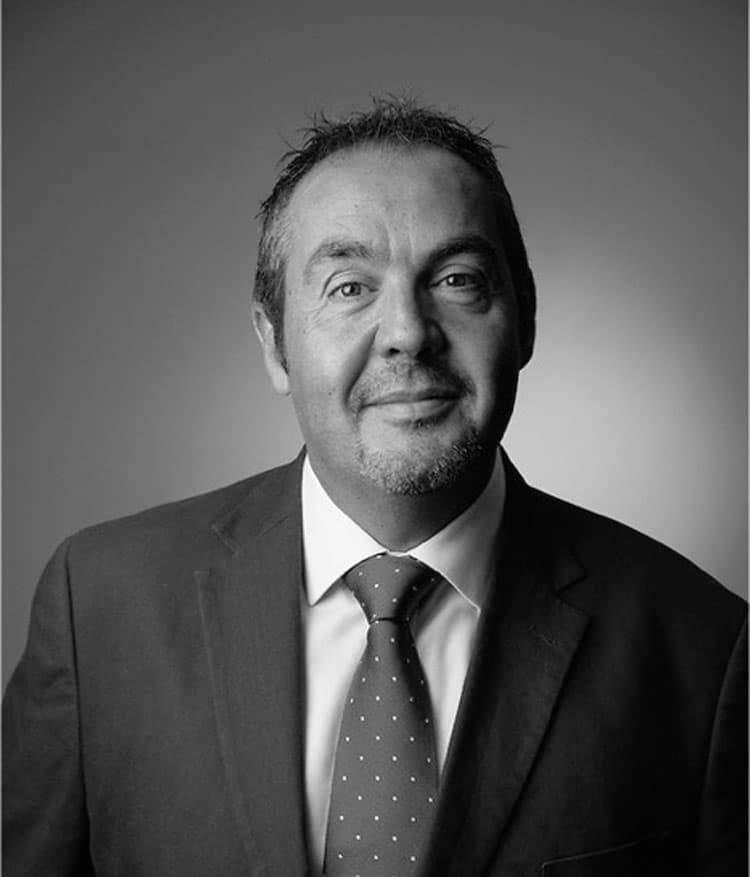Leaders – Start Failing Intelligently

…or, when it’s right to be wrong, and when it’s wrong to be right
When it’s Right to be Wrong
Sunday lunch was a really important family meal for my parents – especially my father. He cherished the opportunity to connect and share with whoever could find time and space in their calendar to attend. They were lengthy, raucous, and energizing events: think Thanksgiving – but every Sunday.
A key component of the meal was when my father would go around the table to ask each member of the family to tell the story of where they had failed this last week. If any of us were to report that we hadn’t failed that past week, he would claim it a week wasted. If we hadn’t tried and failed at something, anything, it signified to him that we had been playing it too safe, or that we hadn’t looked for the opportunity to try and learn something new, or that we were too concerned with what others might think.
“The only advantage we have over yesterday, is what we have learned,” he would explain. “Because, otherwise,” he went on, “We’re just a day closer to dead!” Grim words, indeed, but what these words really gave us of us children was the explicit permission to try and to fail.
What he was really teaching and instilling in us all was courage, creativity, and resilience. He was giving us all permission to fail. To try and to fail was infinitely better in his view than to not have tried at all.
Mario Andretti, the Italian-born racing driver, was a hero figure to my father. Like my father, Andretti was born into extremely humble beginnings with a challenging childhood. Andretti went on win countless driving championships, and some people (including my father) claim even today that he was the best sports car driver of all time. Andretti once said life was similar to a car race in that if you weren’t slightly terrified going into the corners, you simply weren’t going fast enough or trying hard enough.
How do you respond when that new initiative fails, or when that carefully planned product launch misses? If you rant and rave when people and plans and processes fail what does that do to institutional learning? What does it do to creativity? Does your wrath serve to reduce or increase creativity? Does your wrath serve to reduce or increase fear?
Remember, it’s perfectly right to sometimes try something new and to sometimes be wrong:
‘Wrong’ means that we can learn something new.
‘Wrong’ means that our people can become more creative.
‘Wrong’ means that people can stretch outside their self-limiting comfort zones.
‘Wrong’ means that the business can start to go much faster through the corners.
When it’s Wrong to be Right:
When the chips are down, leaders are expected to have all the answers. Difficult decisions have to be made – and those decisions had better be the right ones, else there will be hell to pay. People tend to defer to the leader’s opinion knowing that if they are wrong, they won’t have anyone but themselves to blame.
Leaders tend to demand that every new initiative pays off. Every new product launch must beat its market-share goals and guarantees increased incremental profitability. Every salesperson simply must smash their targets. Every cost-cutting measure must succeed within its planned parameters. In short: we have to be right 100% of the time – else heads will roll!
If you are the kind of leader that demands that every plan, process, person, or policy is successful, you are inadvertently strangling the business and gifting hard-won market share to your competitors on a silver tray.
If you’re always demanding that every plan is ‘right’:
You’re not going fast enough as a leader, or as an organization.
You’re not recruiting with enough diversity of skill or competency.
You’re holding the business back.
Always being right means that people are inevitably scared to be wrong – and whose fault is that?
In the long run, always being right means always being safe. And safe never achieved anything new. On a similar theme, Einstein argued, “Show me a man that hasn’t ever failed, and I will show you a man who hasn’t ever achieved anything.”
Try Intelligently – Fail Intelligently
Leaders should always give their people permission to try intelligently, as well as overtly give them permission to fail intelligently.
Failing intelligently means:
- To take calculated (well-considered and intelligent) risks.
- To take imperfect action, and course correct along the way.
- Keeping track of all initiatives and looking for opportunities in every outcome (expected or otherwise).
- Managing by exception and concentrating only on the few most important metrics. Micro-management kills creativity – always.
- To build a culture of collaboration, not just cooperation.
Failing Intelligently Requires Self-Awareness
The best leaders have a very acute sense of self-awareness – they understand the power and influence that their words carry. Leaders with well-developed self-awareness can not only see themselves clearly, they can also understand how others perceive and interpret their words, intentions, style, and actions . Leaders with poor self-awareness, poor impulse control, poor listening skills, poor levels of empathy, poor understanding of motivational management tend not to build a culture of learning and development – in fact, they often do the exact opposite. If you want to start to fail more intelligently, take a leadership assessment that specifically measures your self-awareness competency. This way you can start to fail and learn more quickly, with more intentionality, and more intelligently. Visit: www.mydailyleadership.com/leadershipassessment
Playing it safe, playing not to lose, is a loser’s game. Build a culture of bravery, of creativity, of ‘try and fail’. After all, a learning culture always eats a culture of safe strategy for breakfast.
Failing intelligently means that as a leader and as an organization, some you win, and some you learn.
Written by Antonio Garrido.
Have you read?
The World’s Largest Economies, 2022.
International Financial Centers Ranking, 2022.
These are the countries with the Highest Average Salaries, 2022.
Ranked: The World’s 500 Most Populous Cities, 2022.
Countries and territories with the largest population, 2022.
Add CEOWORLD magazine to your Google News feed.
Follow CEOWORLD magazine headlines on: Google News, LinkedIn, Twitter, and Facebook.
This report/news/ranking/statistics has been prepared only for general guidance on matters of interest and does not constitute professional advice. You should not act upon the information contained in this publication without obtaining specific professional advice. No representation or warranty (express or implied) is given as to the accuracy or completeness of the information contained in this publication, and, to the extent permitted by law, CEOWORLD magazine does not accept or assume any liability, responsibility or duty of care for any consequences of you or anyone else acting, or refraining to act, in reliance on the information contained in this publication or for any decision based on it.
Copyright 2024 The CEOWORLD magazine. All rights reserved. This material (and any extract from it) must not be copied, redistributed or placed on any website, without CEOWORLD magazine' prior written consent. For media queries, please contact: info@ceoworld.biz
SUBSCRIBE NEWSLETTER








